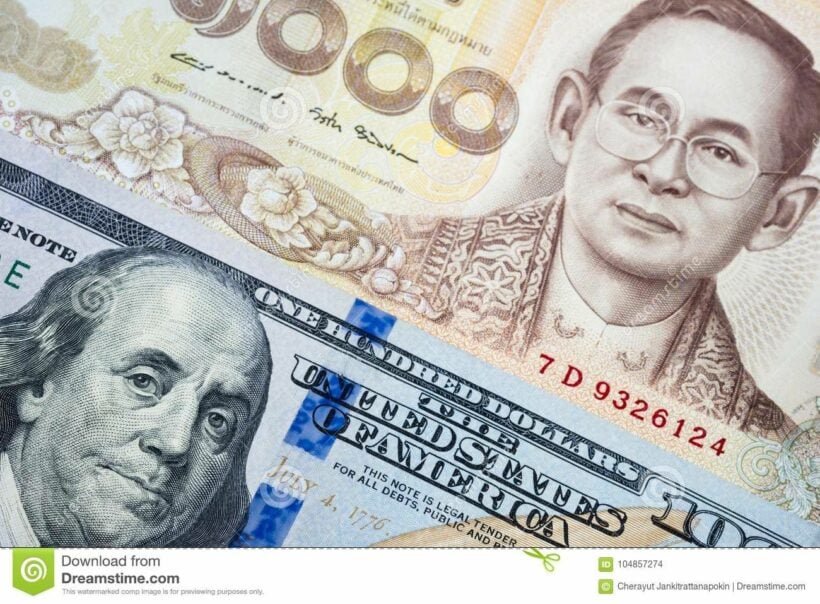Key economic signals Thai traders should track before opening a currency position

Thailand’s open, export-driven economy means that fluctuations in global demand show up quickly in local data. Gross Domestic Product (GDP) releases from the National Economic and Social Development Council and monthly Industrial Production Index (IPI) figures give early clues about whether factories in Chachoengsao or Rayong are running below or above capacity. Traders also keep an eye on tourist-arrival numbers reported by the Ministry of Tourism and Sports. Because tourism accounts for about 12 percent of GDP, a sudden dip in Chinese or Malaysian arrivals often foreshadows a softer Thai baht. The combination of these three indicators helps build a macro picture long before quarterly earnings land on analysts’ desks.
In this context, many Bangkok-based investors enter the realm of forex trading after noticing how macro releases can jolt USD/THB by ten or fifteen satang within minutes. They soon discover that the calendar of local economic events is as crucial as the global one.
Monetary and Market-Based Indicators
While growth data set the stage, the price of money tells the next chapter. Bank of Thailand (BoT) policy meetings reveal the direction of the seven-day repo rate, but the forward curve etched into THB-OIS swaps often moves beforehand. When swap spreads begin to tighten versus the US SOFR curve, it hints that the Monetary Policy Committee might adopt a more dovish tone to support household debt relief schemes.
Another high-frequency tool is the daily Bond Switching Operation report from Thailand’s Public Debt Management Office. Heavy local-currency issuance can pressure the baht because primary dealers hedge by buying dollars. Conversely, a lull in supply lets USD/THB drift lower.

International capital flows tell their own story. Every evening at 5 p.m. Bangkok time, the Stock Exchange of Thailand (SET) publishes net foreign equity and bond flows. A week of sustained inflows above three billion baht typically signals stronger domestic sentiment and, in turn, a more resilient currency. Combined with the Thai Government Bond (TGB) yield spread versus US Treasuries, these flow numbers help traders judge whether money is entering for yield pickup or leaving for safer harbours.
Building a Pre-Trade Checklist
Before clicking “buy” or “sell” on a multi-asset platform, successful Thai currency traders run through a concise checklist:
- Macro confirmation: GDP trend, IPI momentum, and tourism arrivals are aligned with the trade idea.
- Policy bias: BoT speeches and swap-curve shifts suggest supportive or restrictive monetary posture.
- Flow strength: Net SET flows and TGB-UST spreads confirm whether foreign funds back the position.
- Event proximity: Key releases such as the consumer confidence index or the rice-price auction are not due within the next few hours.
- Risk barometer: The MSCI EM Asia index and VIX level are steady; no sudden risk-off wave looms.
Running this simple list takes less than five minutes and prevents emotionally driven trades.

Putting It All Together
When GDP surprises to the upside, tourist arrivals beat seasonal norms, and bond yield spreads widen in Thailand’s favour, the stars tend to align for baht appreciation. A trader might open a tactical short USD/THB position, setting stops just above a recent swing high. Should tourism deteriorate or the BoT hint at rate cuts, the pre-set checklist flashes amber, signaling that it is time to trim or reverse the trade.
By weaving local macro prints, market-based gauges, and real-time capital flow data into a coherent framework, Thai traders stay one step ahead of knee-jerk reactions that often roil currency pairs. Over time, disciplined adherence to this framework sharpens instinct and builds a data-driven edge that separates consistent performers from casual speculators in the vibrant world of Thai currency markets.
Latest Thailand News
Follow The Thaiger on Google News:


























